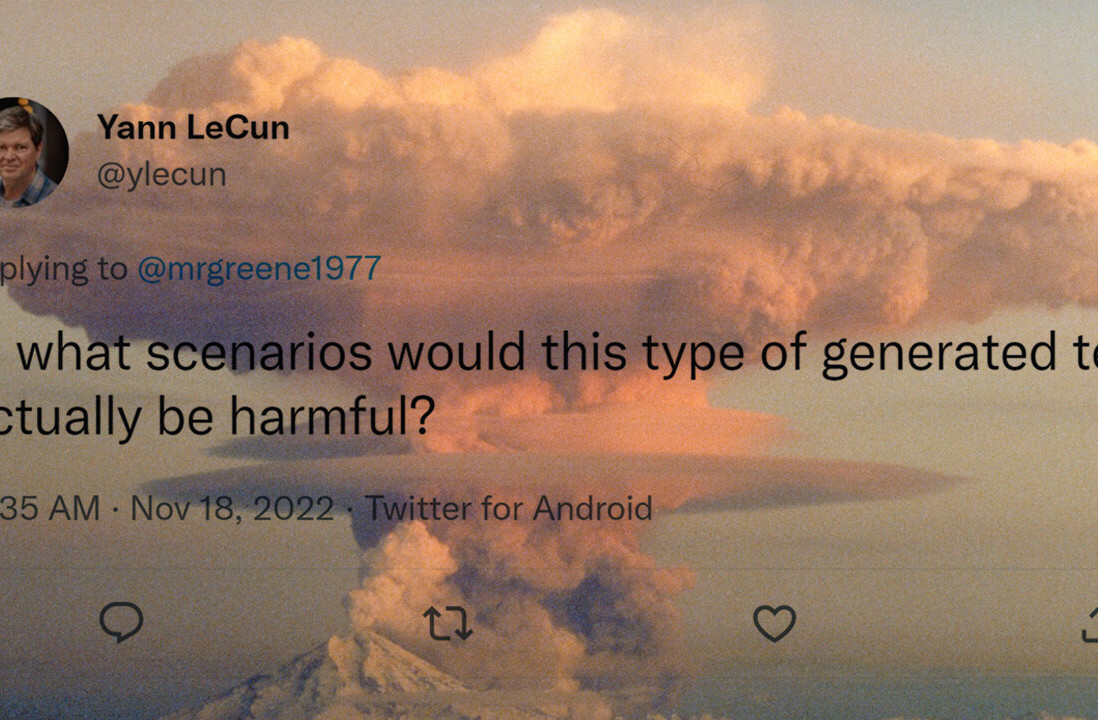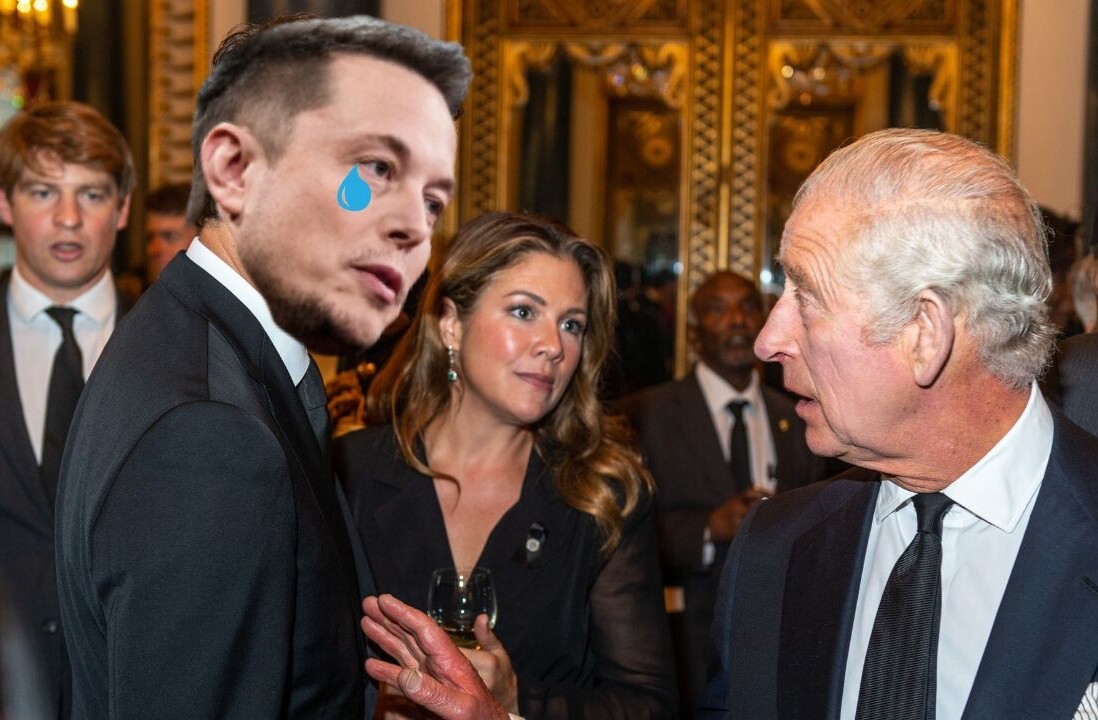
Amazon grace
We knew it was going to happen – Amazon finally added all seven Harry Potter books to the Kindle Owners’ Lending Library, but this week also signaled the company’s intentions elsewhere in the media sphere.
The Internet giant issued a call to developers to submit their mobile apps for international distribution in its Appstore. The significance? Well, this more than hints that the Kindle Fire is finally set to hit Europe, with our very own Matt Brian saying:
“It’s a big step for Amazon; the company had previously limited app sales to the US, because it chose that the only device that could run them — the Kindle Fire — would be sold there exclusively.
By opening app submissions to developers in the UK, Germany, France, Italy and Spain, it guarantees not only will Amazon provide the opportunity for revenues to be made in new countries, but it also means that the company is going to launch a tablet that can run them — meaning that the Kindle Fire is finally coming to Europe.”
Furthermore, just a month after we brought you news that Amazon Studios was calling for original comedy and children’s series projects, the company announced this week that it has selected its first four projects – three comedies and one children’s show.
They become the first submitted scripts to be selected for the Amazon Studios Series Development Slate, extending their option on the projects and awarding their creators $10,000 in options as a result of their intention to turn them into a TV series that will be distributed through the company’s digital video streaming service, Amazon Instant Video.
Earlier this month, we reported that Hellraiser creator Clive Barker had been enlisted by Amazon Studios to rewrite Zombies vs. Gladiators, making it one of only a handful of projects to be developed past the script-submission stage since Amazon’s content development division came into force almost two years ago. Whether this makes it into production or not, remains to be seen.
iPlayer, Netflix, Vevo…

Netflix users in the UK, Ireland and Latin America are set to enjoy easier access to its latest content after the video-streaming service announced a ‘Recently Added’ bar to the site in these regions. The feature, which is already available in North America, becomes effective immediately for Netflix users that have been with the service for at least one month.
But as is often the case with the big guys in tech, positive news is never normally too far away from negative news. There had been some negative buzz around the recent changes made to the Netflix API and its terms of service. The issues entail a couple of changes that appear to limit the ability of third-party developers to make money on apps that use the API and limit their access to some Netflix data like rental history.
Rather than jump on the bandwagon, we took some time to look into the issue and, as what happens in many of these cases, there is more smoke here than actual fire.
Netflix released this statement to The Next Web about the API and the information that it supplies:
“Over the past years the Netflix business has evolved to focus on delivering a great streaming experience on a wide variety of consumer electronics devices.
Similarly, we have been evolving our API program to focus on servicing the rapidly growing universe of these devices used by our more than 26 million streaming members globally. As the API program evolves with the business, we now need to make some changes. While we will continue to support third parties as they develop and offer Web sites and applications that interact with Netflix, these changes are designed to do so in a way that is aligned with our broader objectives.”
Meanwhile, the BBC’s exceedingly popular TV-streaming service, iPlayer, got a big shot in the arm this week with the news that you can now rewind and restart live TV. Sweet.
Finally, while we’re big fans of Vevo here at The Next Web, Billboard.biz this week pondered what’s going on with Vevo’s Numbers?
The music video platform has been the subject of IPO rumors, but as Billboard noted, its numbers, as measured by comScore, are down. “Changes in methodology and a recent YouTube facelift could be to blame,” it said. “On the other hand, self-reported numbers not tracked by comScore, such as traffic to Vevo-owned and operated mobile apps, are on the rise.
“Vevo’s unique U.S. visitors, as measured by comScore, dropped 20.1% to 48.3 million in May 2012 from 60.4 million in May 2011,” it continued. “Vevo’s monthly U.S. unique viewers peaked at 62.3 million in August 2011. Time spent viewing has declined to 57.5 minutes in May 2012 from 105.1 minutes in May 2011.”
So are folk losing interest in Vevo? It seems not. A Vevo spokesperson confirmed to Billboard.biz that there are two chief reasons for the decline in unique visitors and time spent viewing.
“The first is a change in comScore’s methodology in July from a panel-based methodology to one that blends the panel and the census methodologies,” it was told. “The second is YouTube’s site redesign in December that puts a greater emphasis on the user’s channel subscriptions. The old design featured a stream of YouTube’s most-popular videos.”
So it could yet see significant investment come on board yet from the likes of Facebook or Google.
Media maestros
In a display of desperation, WikiLeaks founder Julian Assange applied for asylum in Ecuador as he battles against extradition to Sweden to face rape charges – which, if it did happen, Assange argues would take him one step closer to American hands and, hence, the death penalty. Asylum in Ecuador certainly seems like a good option juxtaposed against that alternative.
As The Independent noted, however, Assange is currently on bail in the UK and he could be arrested for breaching the conditions of the terms. It’s not looking good for Assange at all, and it seems increasingly likely he’ll have to face the music in Scandinavia.
Elsewhere in the media realm, Poynter pondered why Twitter should work on a correction feature for journalists to amend – whilst still being transparent – erroneous tweets.
“Twitter has thus far been silent on the topic of corrections,” writes Poynter’s Craig Silverman. “None of the big Twitter apps like HootSuite or Tweetbot or the company’s own TweetDeck offer any kind of correction functionality, either. But that hasn’t stopped people from trying to come up with the right way to correct a tweet.
“The latest suggestion comes from Oliver Reichenstein, a designer with Information Architects,” he continues. “His idea is to enable users to strikethrough the text of a mistaken tweet rather than delete it. (Canadian journalist Chris Boutet made a similar suggestion in the Quora discussion.)”
A good idea for sure, and certainly betters the alternative of simply deleting a tweet.
Meanwhile, Dave Winer wrote about Twitter’s move towards the news system of the future. On stories emanating from a partner media organization, Twitter will now include, for a story from a partner:
- The headline
- A brief synopsis
- A photo or illustration
- A link to the full article
- A link to subscribe to the source (not the tweeter)
What will it look like? Something like this:

And finally…
Jeff Bezos is the guy who changed the way we shop and read books. The Amazon man is, well, something of a game-changer and some could say cut from the same cloth as Steve Jobs.
Indeed, whilst Jobs had his finger in a number of patented pies, many of which haven’t made the light of day, Bezos too is a bit of visionary and is listed as one of two inventors of a “system and method for protecting devices from impact damage”. In other words, an airbag for mobile phones.
It seems that is not all – he’s also looking to build a 200-foot-tall clock to last for thousands of years. Whilst we already knew that, the Amazon man is a lot more keen to talk about this project than his airbag for smartphones, and it seems it’s gaining momentum.
The “10,000 Year Clock” will be built deep inside a mountain on his property in Texas. “It’s like a grandfather clock on a grander scale”, Bezos said. “When it’s finished, it will play an elaborate cuckoo-like sequence for the anniversary of every year, decade, century, millennium and 10 millennia,” wrote the Wall Street Journal this week.
Indeed, much like Jobs, Bezos thinks beyond tomorrow and next year. He’s very much about the longer term.
Image Credit: 2Tales | Flickr
Get the TNW newsletter
Get the most important tech news in your inbox each week.




